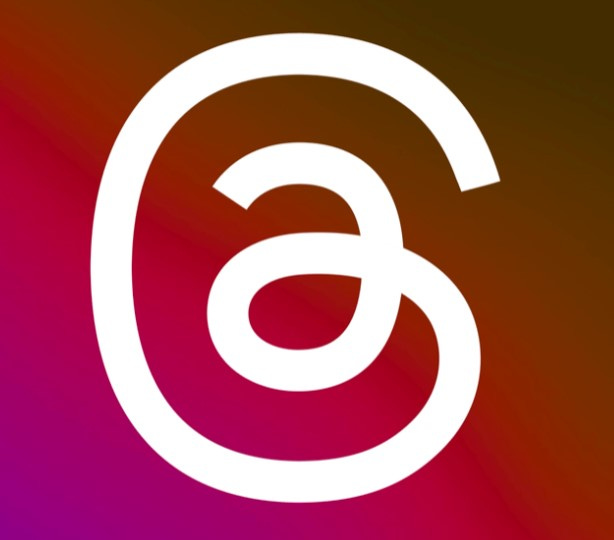Thoughts on Threads
I don't know why.
They "trust me"
Dumb fucks.
- 19-year-old Mark Zuckerberg in correspondence with a Harvard friend after launching “The Facebook” (Business Insider)
Introduction to Threads
On Wednesday, Meta expanded its social media empire (which includes Facebook, Messenger, Instagram, and WhatsApp) with the Instagram-based text app, Threads. Reportedly,…




